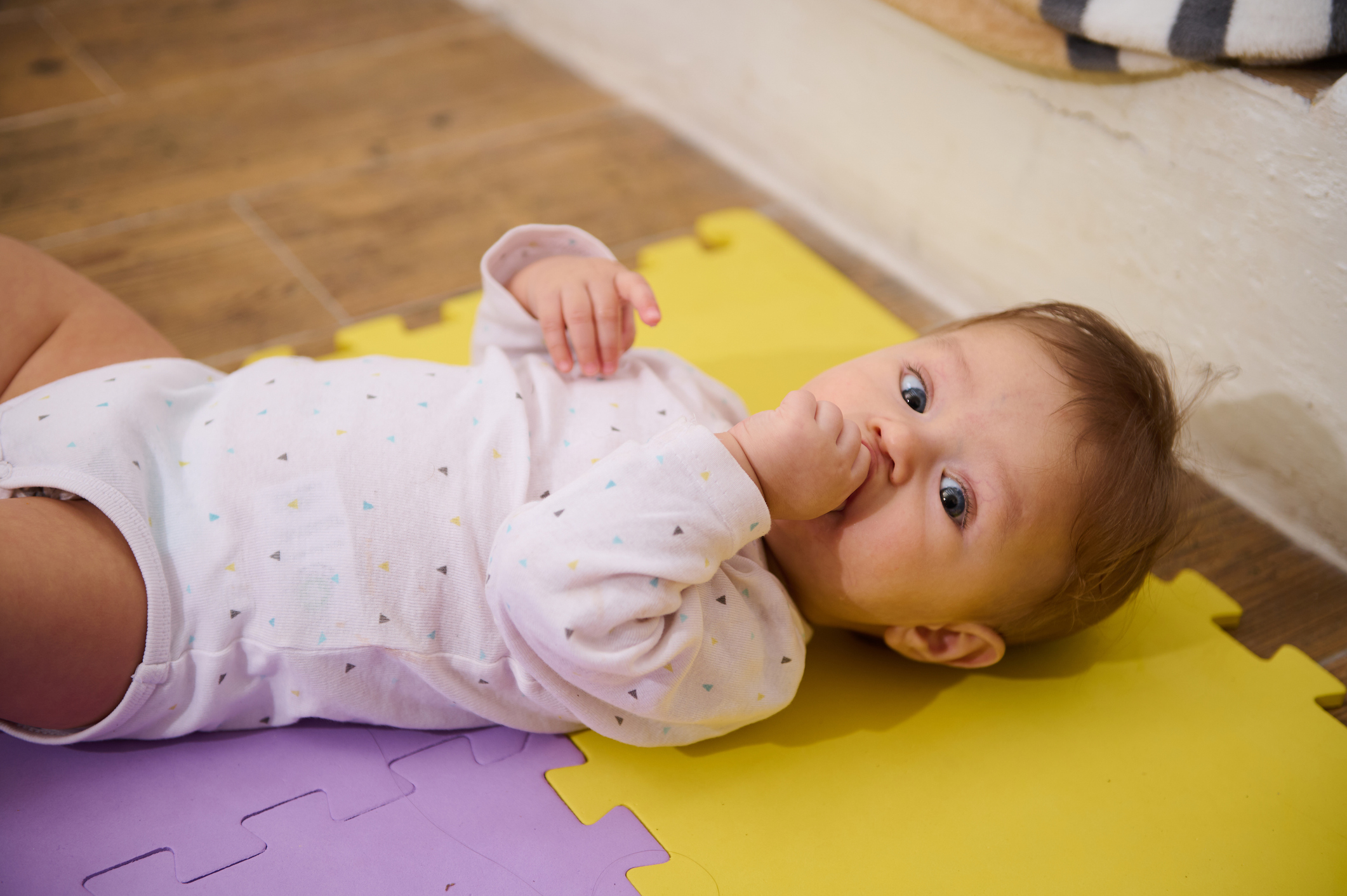What happens to the millions of microbes on your earlobes when you get your ears pierced?
Body piercings are a uniquely human practice—one which we have been practicing for thousands of years. But exactly how this practice influences the millions of microbes on our skin has been largely unstudied, until now.
Our skin is covered in trillions of microorganisms which play an important role in maintaining our skin barrier and fighting off infections.
"[Your] skin is basically a huge and active ecosystem where different parts of the skin support different kinds of living communities," Charles C. Y. Xu, a researcher at the Redpath Museum & Department of Biology at McGill University in Montreal, Canada, told Newsweek.
"The skin microbiome has its own ecology where all sorts of species of bacteria, fungi, viruses, and even eukaryotic mites are actively growing, competing, attacking each other, and helping each other, and everything you do from using lotion to taking a bath can affect this ecosystem."
However, this delicately balanced ecosystem is vulnerable to disturbances caused by sun exposure, cosmetics, topical creams and new environments. On a larger scale, these microbial shifts can result in acne, psoriasis, dermatitis and chronic wounds.
Perhaps one of the most dramatic ways we alter our skin microbiomes is through piercing. The act of sterilizing the desired area before the skin is punctured provides a "clean slate" from which bacteria can recolonize, while the metal piercing itself reshapes the skin's physical topology, providing a change in surface area, temperature, acidity, humidity and exposure to the elements (or lack thereof).

"From the perspective of the microbiome, a foreign body like metal earrings represents a major environmental change," Xu said. "Metal has all sorts of effects on bacteria such as copper's well-known antimicrobial properties.
"Other than the direct effects of the new material, a foreign object also introduces greater surface area, which could serve as new breeding grounds for the formation of biofilms.
"The act of insertion could have an effect as well, since whatever is being introduced will have come into contact with skin and tissue as it is being inserted, which will likely move things around and assist with the dispersal of various species."
To investigate the impacts of this ecosystem engineering, Xu and colleagues at McGill University studied how the skin microbiome changes and adapts in response to the introduction of this new environment, and whether certain bacterial species come out on top. Their results were published in the journal Proceedings of the Royal Society B: Biological Sciences.
When the skin is pierced, the resulting hole provides a warm, moist environment, rich in sweat and sloughed off skin cells which serve as a rich source of nutrients that support a host of different microbial species.
"Overall, the piercing microbiome became more biodiverse and complex than the skin was before piercing, with more species that appear to interact more positively with each other," Xu said.
However, two species in particular grew to dominate the piercing environment: Cutibacterium acnes and Staphylococcus epidermis. While these species are common components of a healthy skin microbiome, both of these species are known to cause opportunistic skin infections when they are given the chance.
"We [also] know that they don't like each other at all, so it was interesting to see this antagonism was somehow strengthened in the piercing microbiome," Xu said.
While these species are known to cause infections, the study shows that the changes that occur in the piercing microbiome are not all negative.
"[Our results show] that the microbiome of human piercings does not just change when a pathogen invades, but it changes because of the piercing itself, which represents a rapid environmental disturbance followed by the introduction of a novel ecological niche," Xu said.
The researchers hope that by understanding what drives these new bacterial communities they may be able to provide better treatments for skin infections and post-operative care in the future.
"One direct practical application is the development of pre- and probiotic prevention and control of skin infections," Xu said. "Traditionally, infectious disease research has focused on finding the specific source of an infection after it has already happened and then trying to find ways to destroy that pathogen.
"[But] if we take a more community-wide and temporal approach, we can try to understand the natural fluctuations of the microbiome and the complex ecological and evolutionary factors that can sometimes result in invasion by a pathogen.
"Once we have a really good understanding, we can then try to promote the growth of specific commensal species (AKA things that won't harm us) that can compete with potential pathogens to basically keep them in check, so they don't take over and cause a problem."
Their results may also provide useful insights into the development of new ecosystems outside of the skin microbiome: "More generally, understanding how the piercing microbiome changes over time and bounces back after disturbance or rapid change can shed light on fundamental biological and ecological processes which we can then eventually apply to problems in agriculture (pesticide resistance), conservation (invasive species), and medicine (infectious disease)," Xu said.
Uncommon Knowledge
Newsweek is committed to challenging conventional wisdom and finding connections in the search for common ground.
Newsweek is committed to challenging conventional wisdom and finding connections in the search for common ground.
About the writer
Pandora Dewan is a Senior Science Reporter at Newsweek based in London, UK. Her focus is reporting on science, health ... Read more
To read how Newsweek uses AI as a newsroom tool, Click here.





